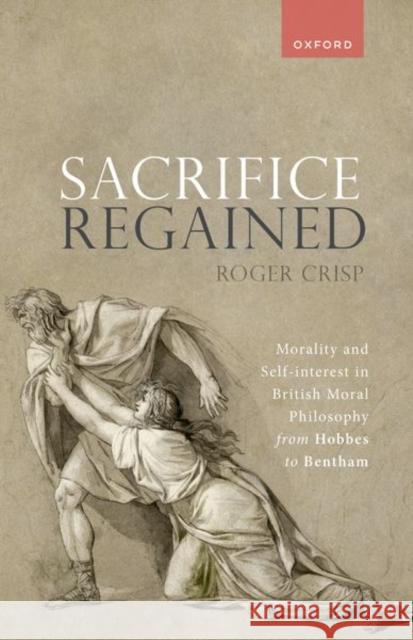Sacrifice Regained: Morality and Self-Interest in British Moral Philosophy from Hobbes to Bentham » książka
topmenu
Sacrifice Regained: Morality and Self-Interest in British Moral Philosophy from Hobbes to Bentham
ISBN-13: 9780198896562 / Angielski / Miękka / 2024 / 256 str.
Sacrifice Regained: Morality and Self-Interest in British Moral Philosophy from Hobbes to Bentham
ISBN-13: 9780198896562 / Angielski / Miękka / 2024 / 256 str.
cena 128,46
(netto: 122,34 VAT: 5%)
Najniższa cena z 30 dni: 123,72
(netto: 122,34 VAT: 5%)
Najniższa cena z 30 dni: 123,72
Termin realizacji zamówienia:
ok. 16-18 dni roboczych.
ok. 16-18 dni roboczych.
Darmowa dostawa!
Kategorie BISAC:
Wydawca:
Oxford University Press
Język:
Angielski
ISBN-13:
9780198896562
Rok wydania:
2024
Ilość stron:
256
Wymiary:
23.4 x 15.6
Oprawa:
Miękka











